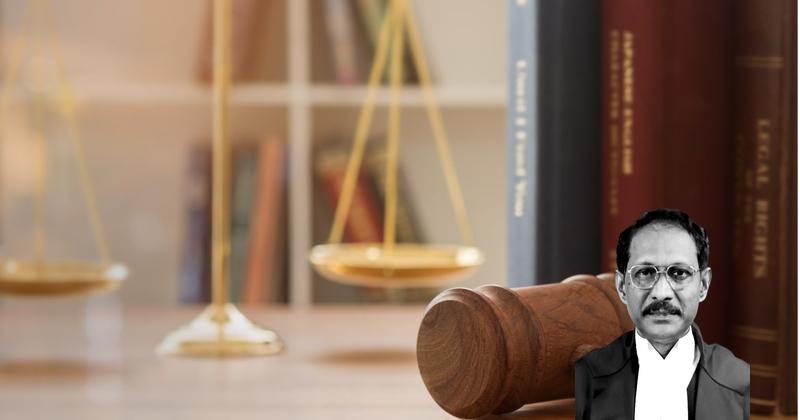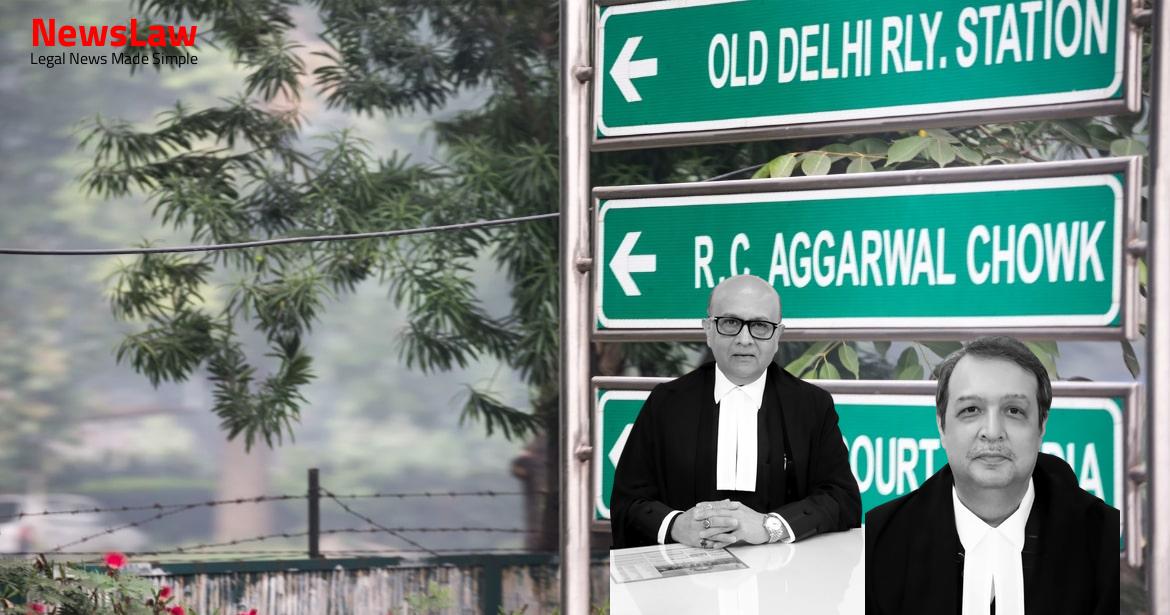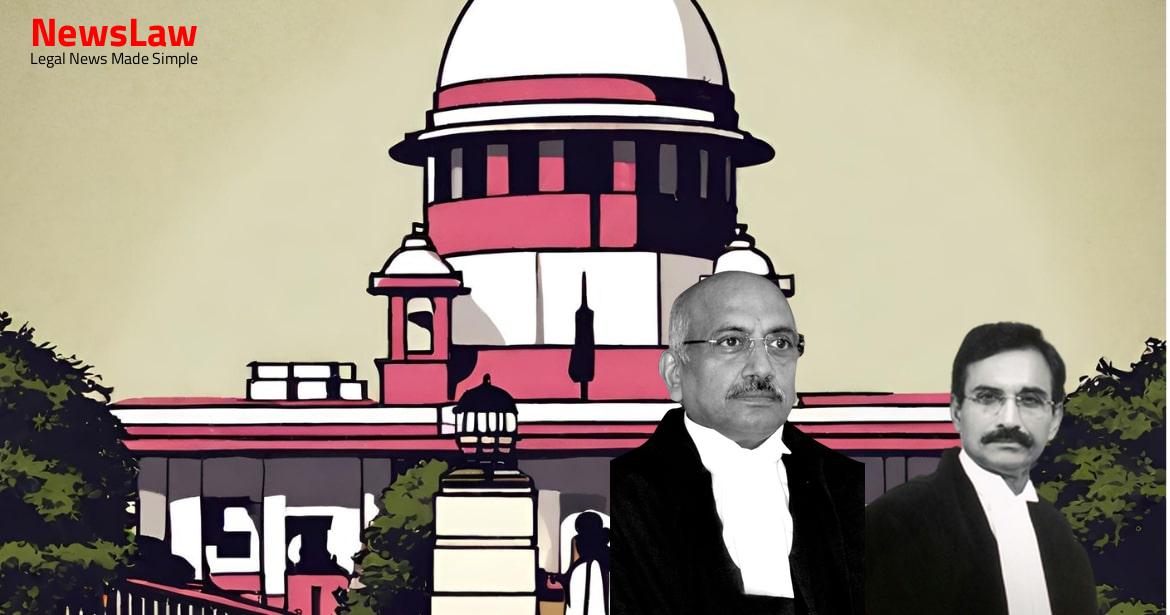In a recent legal case, the court delved into the complexities surrounding the application of grace marks policy and the potential switch of a candidate from their reserved category to the general category. The court’s in-depth legal analysis sheds light on the purpose and limitations of grace marks, emphasizing the distinction between aiding marginally failing candidates and facilitating category switches. Follow along for a closer look at the court’s findings in this intriguing legal matter.
Facts
- The Division Bench of the High Court allowed the writ petition and quashed the Tribunal’s order based on a previous Supreme Court decision.
- The Tribunal had dismissed the original applicant’s application stating that grace marks cannot be given to move a candidate from their category to the general category.
- The original applicant, belonging to the Scheduled Tribes category, approached the High Court through a writ petition after the Tribunal’s dismissal.
- The High Court directed the Department to extend grace marks in the subject of ‘Other Taxes’ treating the original applicant as a person from the general category.
- The original applicant had secured more than 45% in all subjects except ‘Other Taxes’ and claimed entitlement to grace marks in that subject.
Also Read: Ruling on Circumstantial Evidence in Murder Case
Arguments
- The Union of India and others have appealed against the judgment and order of the High Court.
- The purpose of granting grace marks was not to allow a candidate to move from their own category to the general category based on merit.
- Grace marks were intended for marginally failing candidates to help them pass the examination.
- The High Court did not understand the purpose of granting grace marks, as per the submission.
- The High Court erred in applying a decision of the Court in a different case.
- The grace marks policy was not meant to benefit candidates who had already passed in their own category.
- The argument is made that the original applicant may obtain promotion in the general category if grace marks are given.
- It is contended that other employees from reserved categories received grace marks despite already meeting the passing marks for SC/ST category.
- Citing the case of Rajesh Kumar Daria, it is fiercely argued that the High Court rightfully directed the Department to grant grace marks to the original applicant in ‘Other Taxes’ to facilitate a switch to the general category or enable promotion in the general category.
Also Read: Challenging Legal Presumptions in Negotiable Instrument Cases
Analysis
- CBDT introduced grace marks policy for marginally failing candidates to pass the examination
- Minimum marks required for general category candidate was 45%
- Minimum marks for SC/ST category candidate was 40%
- Respondent secured more than 45% in each subject except ‘Other Taxes’
- Tribunal rightly did not accept the contention for further grace marks
- Purpose of grace marks was not to allow reserved category candidates to switch to general category
- Once respondent passed in his own category, no further grace marks were to be granted
- The impugned judgment and order passed by the Division Bench of the High Court is unsustainable.
- The decision relied upon by the respondent is not applicable.
Also Read: Legal Analysis Critique in High Court’s Quashing Order
Decision
- The appeal has been allowed in the present case.
- The judgment and order passed by the Tribunal, dismissing the O.A., stands restored.
- There will be no order as to costs in the given circumstances.
- The decision made by the Tribunal will not apply to the facts of the current case.
Case Title: UNION OF INDIA Vs. MUKESH KUMAR MEENA (2022 INSC 490)
Case Number: C.A. No.-003468-003468 / 2022



